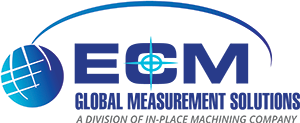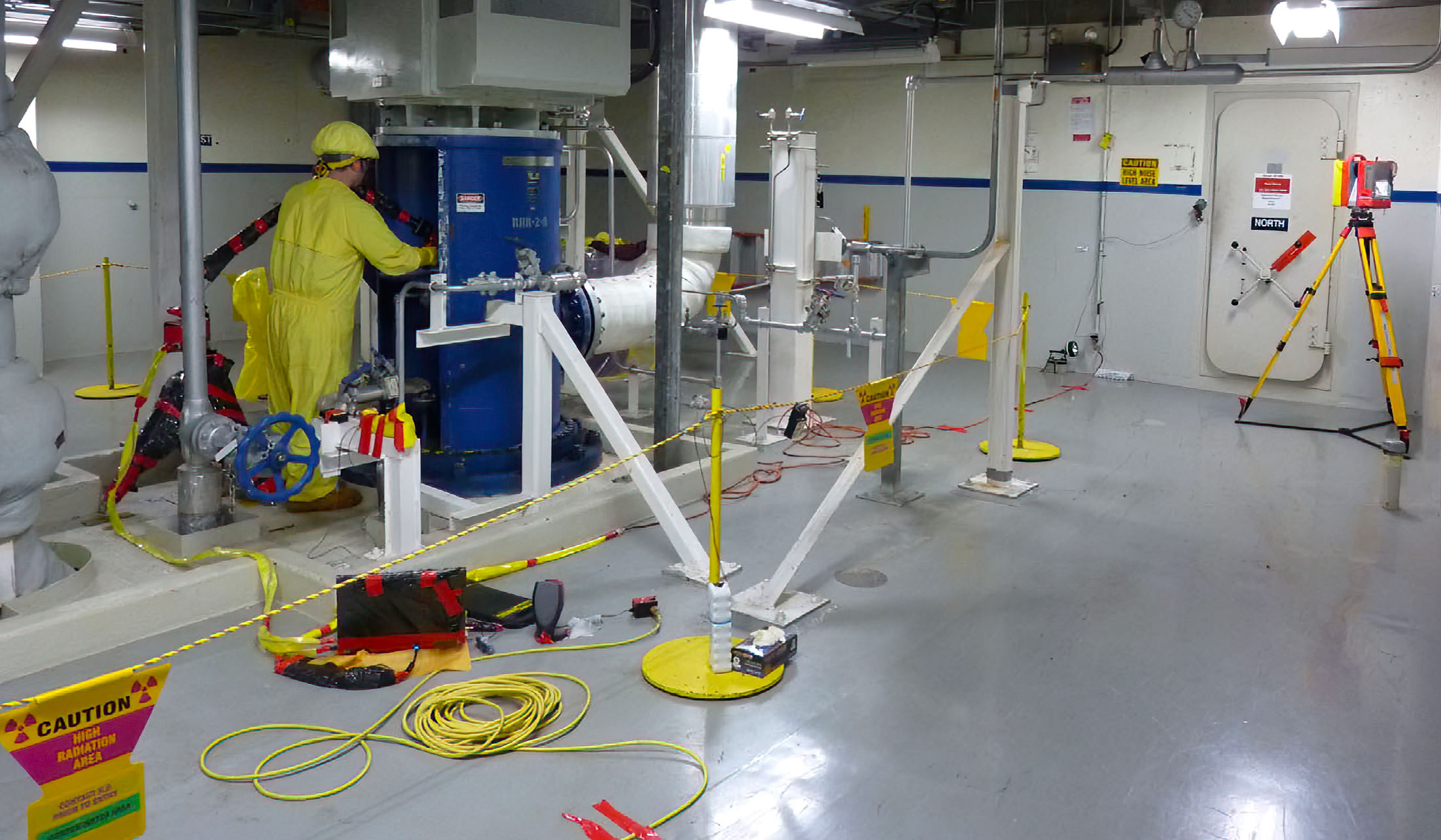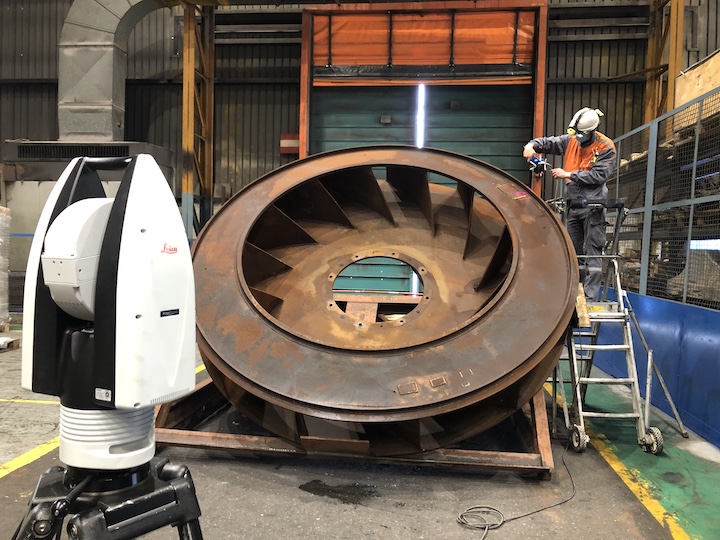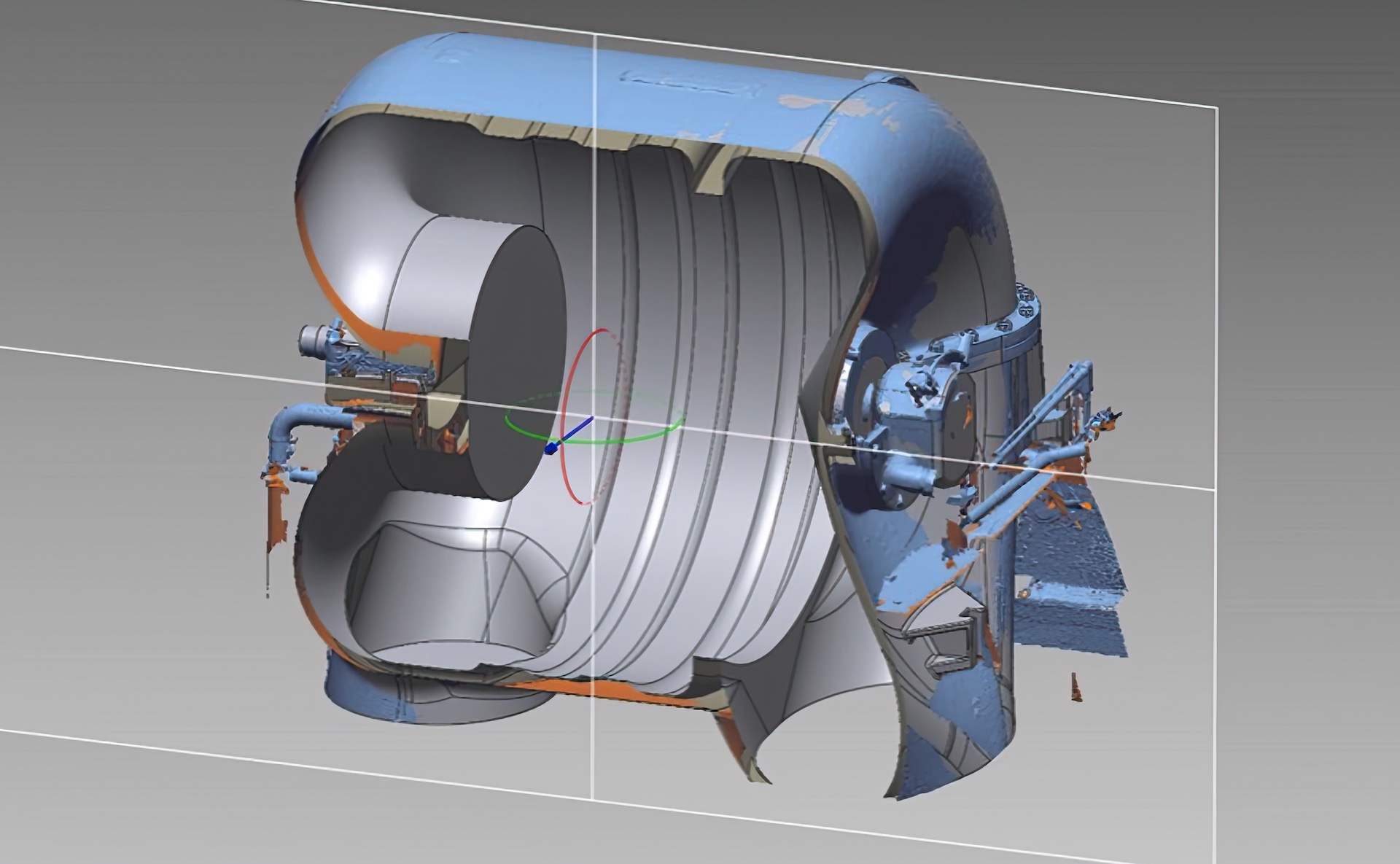What Are Metrology Services?
Previewing CMSC 2015 (As seen in Quality Digest Daily on June 29, 2015)
by Gary Confalone
Today’s exceptionally accurate and super-high-speed metrology hardware and software has been a great benefit for untold numbers of organizations, with applications suitable for diverse sectors such as aerospace, medical, automotive, archaeological research and restoration, building information modeling (BIM), and many others. Although manufacturers generally have adequate tools, and staff with the metrology experience to use them, for many applications best-in-class equipment and world-class metrologists are required. That’s where metrology service providers come in.
Metrology service companies such as ECM Global Measurement Solutions provide original equipment manufacturers with talented metrologists and the best instrumentation and software in the field. Hardware such as portable coordinate measuring machines (CMMs), laser trackers, structured-light scanners, and vision systems can handle any test or inspection job. Reverse engineering, which in this context means measuring an object or part for the purposes of creating a digitized 3D model, is a common requirement for advanced manufacturing, but it’s resource-intense in both personnel and equipment. Service providers handle this function for their clients, traveling around the world on short notice with equipment in hand, measuring large parts at clients’ facilities. Part of the service often includes creating solid models and inspection reports.
A good service provider brings more than just equipment to their clients, however. They also offer repair and calibration services, training, equipment rental, tool design, automation and systems integration of measurement equipment, and more. These companies can be “one-stop shops” for any client looking for professional support of its metrology projects.
Ultimately, of course, equipment is only as good as the technicians who operate it, and it’s in this sense that metrology service companies really shine. In most cases, the professionals hired to work in this field have long years of experience operating in a variety of environments and using a great many different pieces of equipment. These technicians are generally certified (to the Coordinate Metrology Society’s Level-1 and Level-2 Certifications), which means that their skills are validated by the industry’s most complete and practical body of knowledge.
Further to the CMS Level-1 and Level-2 Certifications, and more specifically the preparation necessary to sit for these proctored exams, ECM Global Measurement Solutions recently became the first metrology service provider to offer a preparatory class addressing this particular body of knowledge. Information transfer at this level of detail is rare within the science of metrology, and another reason why service companies are so critical to the success of precision manufacturing.
Metrology service providers focus on uncovering targeted solutions for their clients’ unique and complex test, measurement, and inspection needs, rather than imposing a one-size-fits-all answer. The science of metrology is highly collegial, and these technicians work seamlessly with their clients’ engineering teams, who are in and of themselves incredibly valuable assets to their employers. Many times service providers learn a great deal from their clients, but in most cases the service professionals can help the in-house team understand best practices, applications, and techniques from outside the walls of their company. Multiple levels of support are provided, from scoping projects to taking measurements to analyzing acquired information via appropriate software applications.
For an example of how service providers work with a client, consider an aerospace manufacturer that might require systems integration as a means of controlling its assembly process. Automating a process of this nature might require extensive software programming and direct feedback, which would guide robots and order positioning for automated assembly, all with extremely high accuracy and efficiency. Service companies can provide all of these hardware and software systems, along with the expertise to implement them.
Or consider a maintenance, repair, and operations (MRO) company that might need to replace a part (an engine, for example) on a particular aircraft for greater power and efficiency. A job like this would require the service company to provide metrologists skilled not only in acquiring high-precision data, but also in converting those data points into software to analyze exactly how to most efficiently fit the new part into place. The metrology equipment might include laser scanners and CAD software to precisely digitize and model the replacement part before the MRO company’s engineers designed and built the part to spec.
Clients outsource projects like these to service providers because they know they are going to get greater benefits from professionals who bring years of experience and technical expertise. In addition, in many cases the equipment necessary to perform these tasks is expensive to purchase and maintain, which makes outsourcing an attractive option. Many manufacturers simply don’t want to make a large capital investment in a piece of equipment unless it’s going to be used every day.
Projects such as these are going on constantly within the world of high-tech manufacturing, and metrology service providers play an important role in ensuring the necessary levels of quality for the most challenging of these applications. High levels of expertise and experience, combined with the right hardware and software tools, will yield successful outcomes for clients of these companies.
About The Author
Gary Confalone is the president and CEO of ECM Global Measurement Solutions. He has worked in the metrology industry for the past 20-plus years, including stints at Sikorsky Aircraft, SpatialMetrix Corp., and Laser Projection Technologies. In 2001 Confalone started East Coast Metrology, an engineering and service provider for the 3D metrology industry. He has been an active member of the Coordinate Metrology Society’s certification committee, which was formed to help qualify technical personnel in the various disciplines of 3D metrology.
